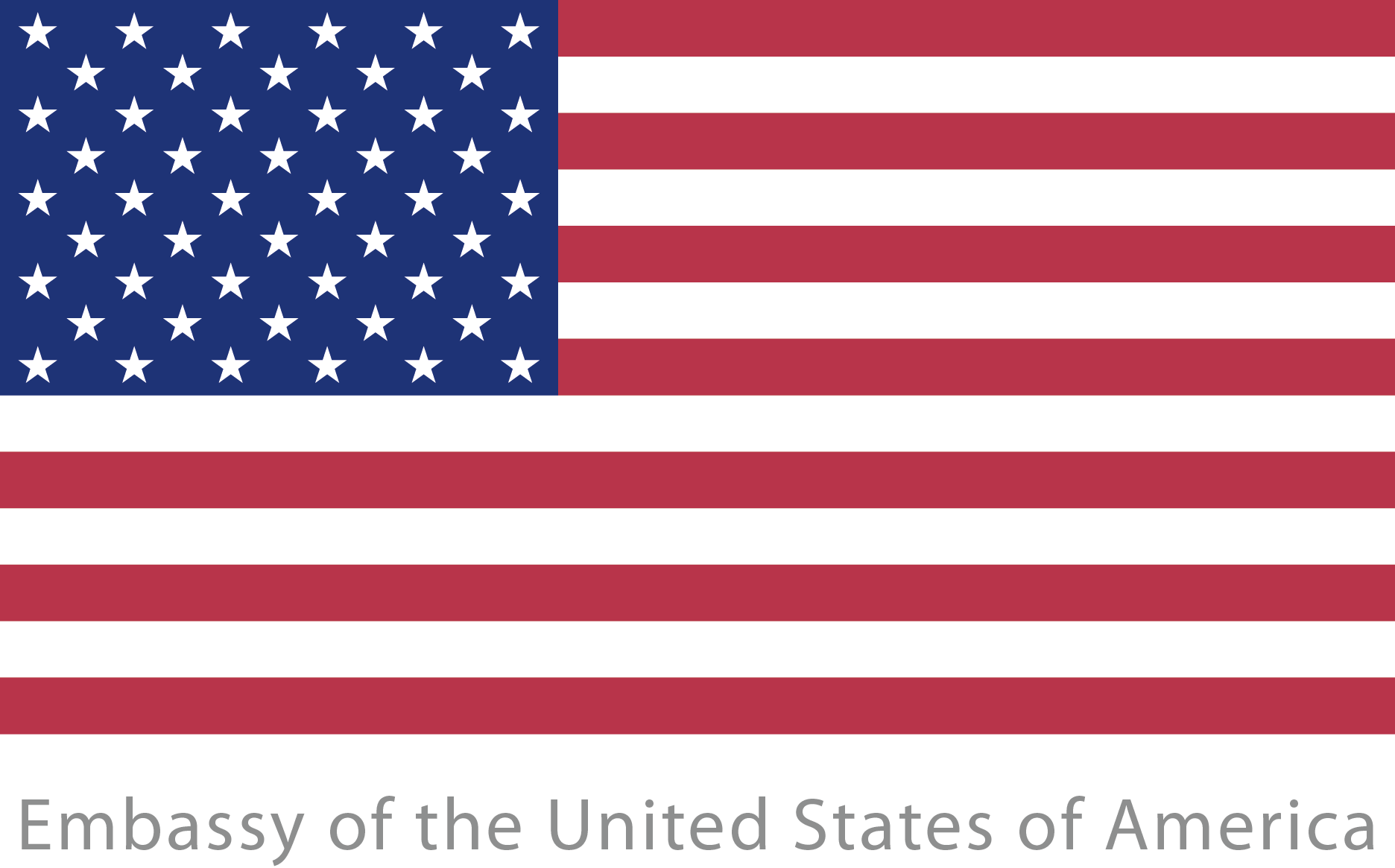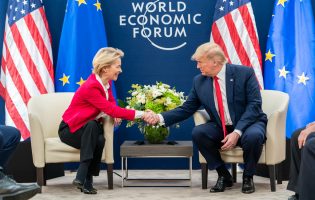The German Election and Transatlantic Security
How do Germany’s main political forces view the security agenda? What threats and challenges shape their perceptions, and what are the national, European, and transatlantic approaches that they will prioritize? Will this advance U.S.-European cooperation? How do key European allies and partners view the trajectory of German security policy, and what are their expectations for the government that will take shape after the September 26 election?
Panelists:
Sophia Besch, Senior Research Fellow, Centre for European Reform; DAAD/AGI Research Fellow
Ulrike Franke, Senior Policy Fellow, European Council on Foreign Relations
Janusz Reiter, Former Polish Ambassador to Germany
Moderated by: Jeff Rathke, President, American-German Institute
Event Summary
The conflict between democracies and autocracies is a widely accepted worldview among the German political establishment, but the parties react to this new world order in different ways. The major parties in the center view the answer to great power competition is to remain transatlantic but become more European. There is a surface-level consensus about Germany’s role in the world—an honest broker, multilateralist, committed to the EU and NATO. There are also clear differences and issues where parties are eager to distinguish themselves, such as the 2 percent rule, Nord Stream 2, and armed drones. The next German government will establish Germany’s level of security dependence and autonomy between Europe on one hand and the United States on the other. There are subtle differences in how parties view this balance:
- The center-right Christian Democrats (CDU) are very NATO-centric and even at times EU-skeptic.
- The center-left Social Democrats (SPD) call for an EU army and the buildup of EU capabilities as a peace power. They are more skeptical of Germany’s security relationship with the United States, opposing Germany’s role in NATO nuclear sharing.
- The Greens are passionately pro-EU yet skeptical of the EU’s actual defense industrial efforts.
- The Free Democrats (FDP) want to create an EU army so that Europeans can act without the United States if needed.
Where German security attitudes have been changing in recent years is on China policy. The four major parties generally agree with Merkel’s position, which is the belief that engagement and economic dependence will serve as a de-escalating force. However, while they agree on this point generally, they also differ in the weighing of the different elements:
- The Greens have taken a strong human rights approach in their platform, which leads them to embrace the U.S. approach of confrontation between authoritarianism and democracy.
- The SPD stresses the importance of a European approach. Incidents have led the SPD to be more skeptical of engagement with Beijing, but they do not go as far as the Greens.
- The CDU and FDP are responding to the Biden message to coordinate on China policy with Europeans but are unwilling to incur economic costs.
When it comes to a change in German security policy after the election, the leaders of the coalitions will not matter as much as the coalitions themselves. The biggest difference between an SPD-led coalition (also known as a traffic light) and a CDU-led coalition (also known as a Jamaica coalition) would regard defense spending and nuclear sharing. A CDU-led government would be at least willing to try to move closer to spending 2 percent of GDP on defense; an SPD-led government would not prioritize increased defense spending. A CDU-led government would stay in NATO’s nuclear sharing and acquire aircraft that could carry U.S. nuclear weapons. It is unclear whether a traffic light coalition would spend money to update its nuclear sharing aircraft.
The coalition negotiations are when German elections get particularly interesting. Parties must prioritize issues and decide where to make compromises, and parties likely do not prioritize foreign and security policy in those negotiations. Within the coalition, it also matters which parties get not only the foreign and defense ministries but also the finance ministry, which decides how much Germany will spend on defense. The parties will also have to balance between their centrist chancellor candidates and more extreme wings within themselves when they decide what policy to push forward and which ministries to take.
From a European perspective, there is a gap between the German view of foreign policy that of other western powers and a gap between the German establishment thinking and that of the public. The debates about German foreign policy during the election have not done anything to shrink the gaps between the world, the German policy community, and the German public. But will the outcome make a difference? In the long run, the behavior of the parties within coalitions might change Germany’s foreign policy direction. While it is true that the German public is generally pacifist and uninterested in foreign policy, the German establishment also uses public opinion as an excuse not to do more, when it is possible to spend some political capital to move forward a more ambitious foreign and security policy and be more in alignment with European and transatlantic partners.
Should the next German government decide not to participate in NATO’s nuclear sharing program, it would be viewed as a disaster by Germany’s European partners. It would send the wrong political symbol at the wrong time. If they are in government, the German Green Party would likely be against pulling out of the agreement due to stipulations in their party platform—eastern partners must be assured of their security in another way. The SPD, however, is more skeptical of the program. It is also possible that the government will avoid deciding on nuclear sharing until the capabilities are no longer compatible, and Germany will be out of the agreement by default.
Russia and China will both be key issues for the next government. After the Afghanistan withdrawal, which left Europeans disappointed at the lack of consultation, Germany and Europe must stop arguing about the meaning of sovereignty and develop real power and influence. That is what will make Europe an essential and serious partner for the United States. The next German government will pay lip service to the strategic autonomy debate at least. It’s not necessarily bad to talk about strategic autonomy; talking is the first step to taking action.
The rift between France and the United States after the submarine deal could impact German security thinking. It could cast doubt on the “America is back” narrative from President Biden that the United States would emphasize consultation with European allies. It could also reinforce the German consensus to avoid the Indo-Pacific and focus on the European neighborhood.
There will be a continued German commitment to the transatlantic relationship and European integration. There will continue to be questions about the level of European ambition. The gap in security policy expectations between German elites and the public could become significant in a post-election context. The really interesting political debates on European security issues will begin after the election on September 26.
This webinar is supported by the United States diplomatic mission in Germany.








